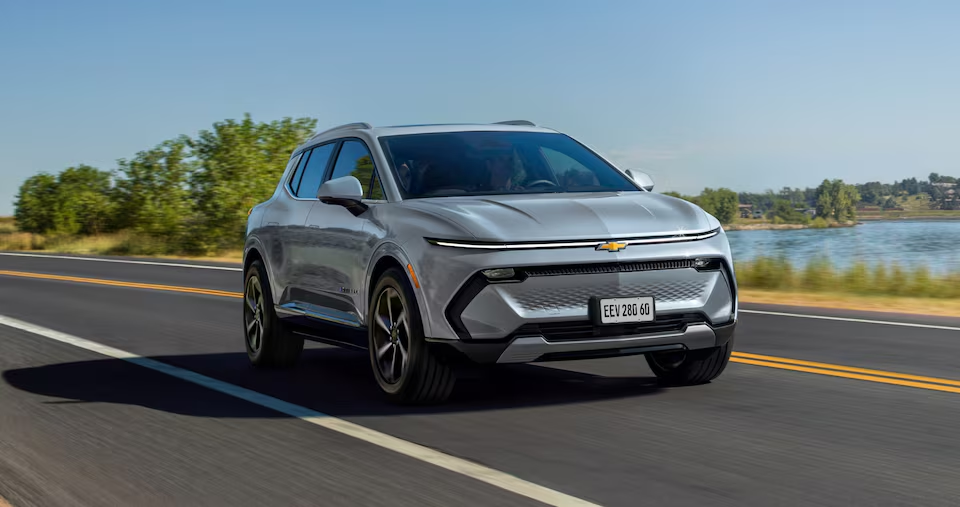In 2023, the automotive landscape is more diverse than ever, with Electric Vehicles (EVs), hybrids, and traditional gas cars competing for consumer attention. According to Bloomberg Green, global EV sales surpassed 10 million units last year, marking a significant shift in consumer preferences. As the world leans towards sustainability, many wonder: What is the best choice for your wallet—EVs, hybrids, or gas cars? In this article, we’ll delve into the financial implications of these vehicle types and provide insights to help you make an informed decision.
Understanding the Costs: EVs, Hybrids, and Gas Cars
Electric Vehicles (EVs)
Electric vehicles have seen a surge in popularity, largely due to their environmental benefits and technological advancements. However, they come with unique financial considerations:
- Initial Purchase Price: EVs like the Tesla Model 3 or the Nissan Leaf tend to have higher upfront costs compared to gas vehicles. Prices can range from $25,000 to $70,000, depending on the model and features.
- Incentives and Rebates: Many governments offer incentives to encourage EV adoption. In the US, federal tax credits can reduce the cost by up to $7,500, although these vary by state and manufacturer.
- Charging Costs: Charging an EV at home typically costs less than refueling a gas car. According to InsideEVs, the average cost to charge a Tesla is about $12 for a full charge, which can cover over 300 miles.
- Maintenance: EVs require less maintenance than gas cars, as they have fewer moving parts. This can lead to significant savings over time.
Hybrids
Hybrids offer a middle ground between EVs and gas cars, combining an internal combustion engine with an electric motor:
- Purchase Price: Hybrids usually cost more than gas cars but less than EVs. For example, the Toyota Prius starts at around $24,000.
- Fuel Efficiency: Hybrids like the Ford Escape Hybrid boast impressive fuel efficiency, often achieving over 50 miles per gallon, which can lead to savings at the pump.
- Maintenance: While hybrids require more maintenance than EVs, they often need less than traditional gas cars due to reduced engine wear.
Gas Cars
Despite the rise of EVs and hybrids, gas cars remain popular for several reasons:
- Initial Cost: Gas vehicles generally have the lowest purchase price. A compact car like the Honda Civic starts at around $22,000.
- Fuel Costs: Gas prices fluctuate, but over the past decade, they have remained relatively stable. However, gas cars are less fuel-efficient than hybrids and EVs.
- Maintenance: Gas cars typically require more frequent and costly maintenance, including oil changes and engine tune-ups.
Long-Term Financial Implications
When considering the best option for your wallet, it’s essential to look beyond the initial purchase price:
- Depreciation: EVs tend to depreciate faster than gas cars, partly due to rapid advancements in technology. However, this trend is changing as EVs become more mainstream.
- Resale Value: Hybrids often retain their value well, making them a solid investment for those planning to resell in the future.
- Battery Replacement: For EVs and hybrids, battery replacement can be a significant expense. However, brands like Tesla offer warranties that cover battery life for up to eight years or 150,000 miles.
Practical Tips for Prospective Buyers
- Evaluate Your Driving Habits: If you have a long daily commute, a hybrid might offer the best balance of cost and efficiency. For city dwellers with short commutes, an EV can be ideal.
- Consider Charging Infrastructure: Ensure you have access to charging stations, either at home or nearby. Apps like PlugShare can help you locate charging points.
- Research Incentives: Check local and federal incentives for EVs and hybrids to reduce purchase costs. Websites like Electrek and CleanTechnica frequently update these details.
Making the Right Choice: A 2023 Perspective
In 2023, your choice between an EV, hybrid, or gas car should align with your financial goals and lifestyle:
- For Budget-Conscious Buyers: A gas car might be the initial choice due to its low purchase price, but consider long-term costs like fuel and maintenance.
- For Eco-Conscious Drivers: EVs offer the best environmental benefits and can be cost-effective with available incentives.
- For Those Seeking Balance: Hybrids provide a middle path, combining fuel efficiency with lower emissions and moderate costs.
Conclusion: The Future of Automotive Choices
As we move further into the 2020s, the automotive industry will continue to evolve with advancements in battery technology and charging infrastructure. While EVs are poised to become more affordable and accessible, hybrids and gas cars still offer viable options for different needs and budgets. Ultimately, the best choice for your wallet in 2023 depends on your individual circumstances and priorities.
Would you like to explore more about the future of sustainable mobility? Subscribe to our newsletter for the latest insights and trends in the automotive world. As we journey towards a greener future, your choice today can drive the change of tomorrow.

